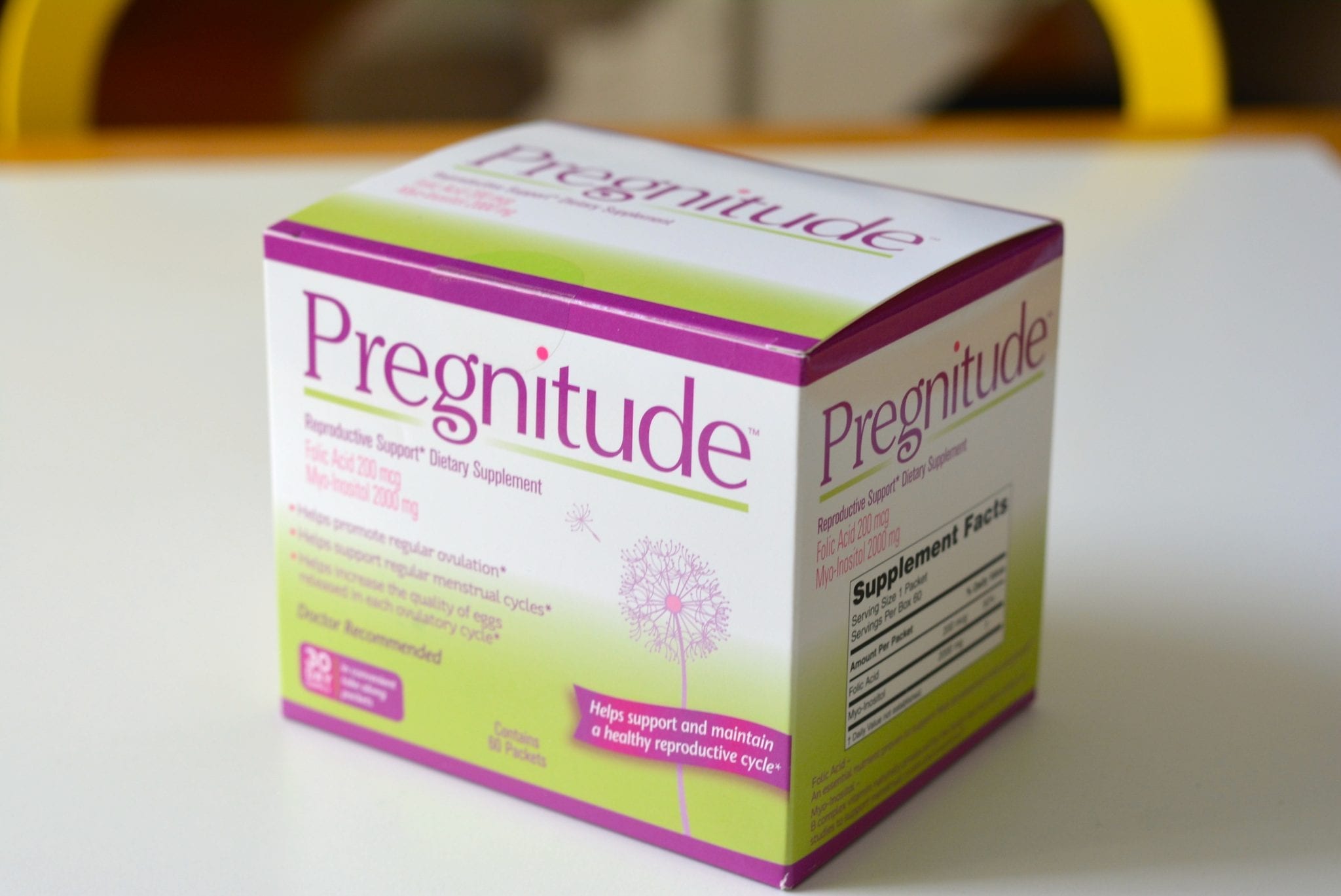So, you’ve found the love of your life! Perhaps you’re recently married or have been with your significant other for a while now. Maybe you’ve reached an age where your biological clock is ticking, and you haven’t found that special someone, so you’re looking to become a parent on your own. Either way, you may find your family and friends are constantly (and annoyingly) asking the BIG question…’When are you going to have a baby!?’
Whether you’ve always wanted a family or the idea of having a family is new to you, once you make up your mind to go for it, your head will be filled with hopes, dreams and expectations. It’s normal to feel excited, hopeful and confident at first, and there’s good reason to! Now the fun begins and that involves prenatal vitamins, folic acid, pregnancy tests, and dreams about the future.
Only, some people find that getting pregnant is not that easy at all. If you’re one of those people, don’t worry… you’re not alone! According to the Government of Canada, “roughly 16% (or 1 in 6) couples in Canada experience infertility. This number has doubled since the 1980s.”
Dealing with the Relationship Strain
For those couples who struggle to get pregnant, infertility can put a strain on existing relationships. Sometimes that strain comes in feelings of blame towards the partner who is seen as the cause of the infertility, or feelings of guilt if the issue is traced to yourself. It can also result in feelings of jealousy towards those for whom parenthood has come so easily. With constant medical appointments and invasive treatments, infertility is a battle that can add stress to any healthy relationship – the best way to combat these issues is to face the problem together, as a team, and seek counseling to help you learn to express your feelings in a healthy way.
The Grief Associated with Miscarriages
Counselling may be especially important if you are one of the thousands of couples in Canada who experience a miscarriage, which is often defined as a loss of pregnancy before 20 weeks of gestation. Stats show that 13% of Canadians say that they or a partner have experienced a miscarriage. In addition, about one-in-five say they know a family member (19%) or a friend (18%) who had a miscarriage. Although it’s a common experience, it’s one that many people don’t talk about.
When going through a miscarriage, it’s important to know that you are not alone. It’s also important to give yourself time to grieve – no matter what stage of pregnancy you were in. If you’re struggling, speak to your family doctor about support groups that are out there to help you deal with the grief that comes hand in hand with a miscarriage.
For some couples who struggle to conceive, IVF is an option, while others choose adoption. In some cases, couples who give up trying to get pregnant end up finding themselves pregnant years down the road. There’s often no logic behind who gets pregnant, when, or why.
For anyone who has struggled, you may have had to deal with the court of public opinion within your own social circles – people who good naturely give unwanted advice or who like to gossip about other people’s struggles. Don’t let these people upset you. Remember, the journey is yours.
I’m always amazed at how many people have opinions about what other people are up to. In reality, few of these people are willing to open up and share their own experiences or challenges. Everyone’s story is personal, but know that if you’ve had challenges, it can be helpful to share with others, and doing so may even help inspire another couple when they’re at a low point or give them the courage to continue on in their journey to parenthood.




Leave a Comment